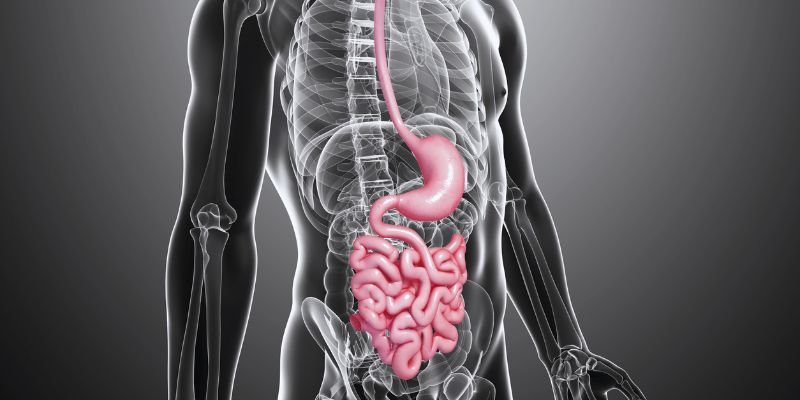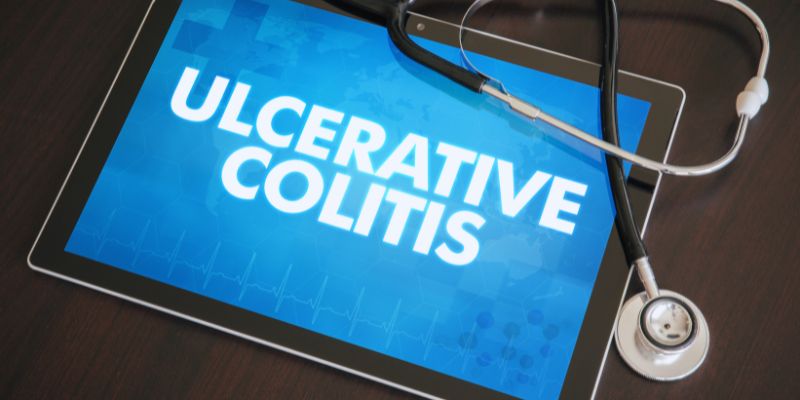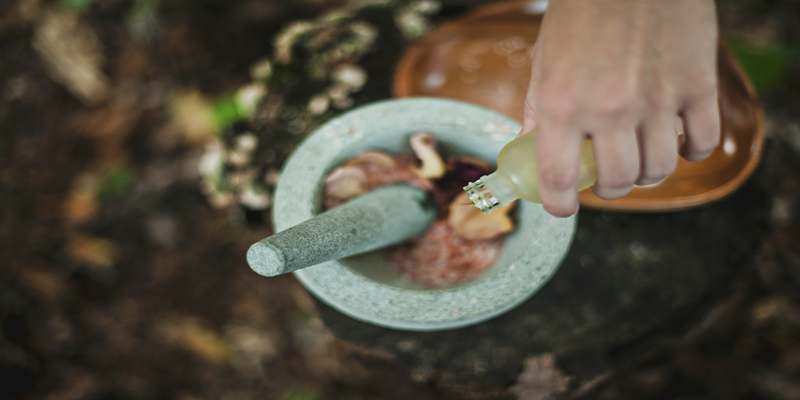Including Crohn's disease and ulcerative colitis, chronic inflammatory bowel diseases (IBD) affect millions of individuals worldwide. These disorders irritate the digestive tract and produce symptoms, including stomach pain, diarrhea, and tiredness. Historically, the emphasis of treatment for these disorders has been on symptom control and flare-up avoidance. New medicines, however, provide patients with a better quality of life and greater control.
Research on more efficient medications and tailored therapies based on human needs has taken the front stage recently. This article discusses the newest methods of treating ulcerative colitis and Crohn's disease. It will offer an understanding of the current cutting-edge treatments and their implications for IBD treatment in the future.

Advances in Medication: Biologics and Biosimilars
Recent years have seen biologic medications transform the treatment of Crohn's disease and ulcerative colitis. These medications go after particular immune system components, causing inflammation. Usually, they are injected or infused. Reducing flare-ups and encouraging long-term remission have succeeded with biologics such as adalimumab and infliximab. Newer biologic medications are biosimilars.
Though generally less costly, biosimilars are made to be equally effective as the original biologic. The emergence of biosimilars has opened biological therapy to more people, providing more reasonably priced substitutes and therapeutic choices. Patients who respond poorly to traditional treatment will especially benefit from these medications. Targeting particular proteins engaged in the immune response assists in avoiding tissue damage and inflammation.
JAK Inhibitors: A New Class of Oral Medications
Promising novel oral medications for IBD treatment are Janus kinase (JAK) inhibitors. JAK inhibitors are taken in pills, unlike biologics. They act by preventing particular enzymes from aggravating intestinal inflammation. Tofacitinib has proven efficacy in treating moderate to severe ulcerative colitis among the most well-known JAK inhibitors. For those who might not like to use injectable medications, JAK inhibitors offer another.
These medications efficiently control symptoms while providing the ease of oral treatment. Their rapid start of action also helps to reduce inflammation in weeks. JAK inhibitors have certain hazards, including a higher risk of blood clots or infections. Doctors regularly check patients using these medications to reduce dangers and guarantee the greatest results.

Stem Cell Therapy: Exploring Regenerative Medicine
One fascinating field of study in IBD treatment is stem cell therapy. Stem cells could help rebuild and rejuvenate the damaged tissues of the intestines. In Crohn's disease and ulcerative colitis, stem cell treatments seek to repair the gut's healthy lining and lower inflammation. Clinical studies have demonstrated encouraging outcomes even if stem cell treatment is still experimental.
Stem cell-treated patients have found their symptoms and quality of life improved. Stem cell treatment may be very important in future IBD care, even if it is not standard. Stem cell treatment offers one of the main benefits in terms of long-term healing potential. Unlike current treatments mostly aimed at symptom control, stem cells may help solve the underlying source of inflammation.
Fecal Microbiota Transplantation (FMT)
Another creative method that has attracted interest lately is fecal microbiota transplantation (FMT). This treatment entails passing feces from a healthy donor into a patient's gastrointestinal system. The aim is to restore the gut's bacterial balance, and IBD sufferers may find this disrupted. Treating Clostridium difficile infections has demonstrated efficacy with FMT; researchers are now looking at its possibilities for IBD.
Early research indicates that FMT may help control the gut flora, easing symptoms and lowering inflammation in Crohn's disease and ulcerative colitis. However, FMT isn't without difficulties. This treatment may not be appropriate for every patient, and the long-term consequences are unknown. Despite these unknowns, FMT remains a fascinating field of study in IBD treatment.
Personalized Medicine: Tailoring Treatment to Individual Needs
The emergence of individualized medicine is among the most important changes in treating Crohn's disease and ulcerative colitis. This method considers a patient's genetic makeup, illness features, and reaction to past therapies. Analyzing biomarkers and other variables helps doctors decide which treatments are most likely to benefit a given patient.
More concentrated treatments and better results made available by this tailored approach help. Moreover, it lessens the possibility of common with conventional procedures and trial-and-error with therapies. Personalized medicine can call for sophisticated diagnostic equipment, genetic testing, and tracking of illness development to customize a treatment plan. This strategy guarantees that, considering their particular requirements, patients get the best possible treatment.
Diet and Lifestyle Changes: Supporting Medical Treatments
Although Crohn's disease and ulcerative colitis cannot be managed without medical therapy, food, and lifestyle changes are quite important. Studies have indicated that some meals might aggravate flare-ups, and others might aid in lowering inflammation. A good, balanced diet depends on maintaining general health and supporting the efficiency of medical treatments. Many people discover, for instance, that eliminating gluten, dairy, and high-fat diets helps reduce symptoms.
A diet heavy in fruits, vegetables, and fiber promotes intestinal health and reduces inflammation. Dealing with a nutritionist or dietitian will enable one to design a customized diet that supports treatment objectives. Patients with IBD also benefit from stress management. Regular exercise, yoga, and meditation can help lower stress—a known aggravation of IBD symptoms.
Surgery: When Other Treatments Aren't Enough
Sometimes, surgery may be required when various therapies fail to control symptoms or consequences. In surgery for Crohn's disease or ulcerative colitis, diseased portions of the intestines may be removed or an ostomy created. Although it cannot be a cure, by removing the most severe symptoms, surgery greatly increases quality of life. These operations are safer and more successful thanks to developments in surgical techniques, including minimally invasive laparoscopic surgery. However, surgery is usually considered a last resort when other choices have run out.
Conclusion:
New Crohn's disease and ulcerative colitis medicines provide sufferers greater hope than they did years ago. The choices for treating these disorders are growing from biologics and JAK inhibitors to stem cell therapy and fecal microbiota transplantation. Customized medicine enables doctors to target treatments to particular requirements better. For those with IBD, these fresh techniques offer a better future even though they are still developing. Talking about these new medicines with your healthcare professional will help you identify the best one for your situation, Crohn's disease, or ulcerative colitis.








